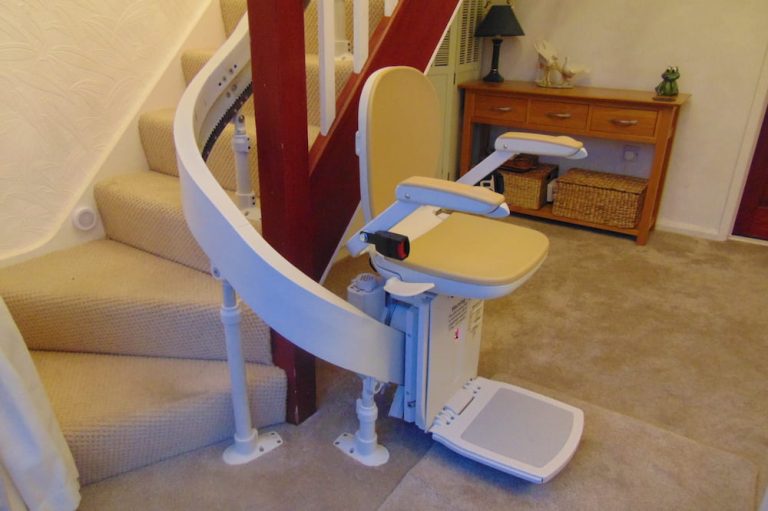When looking for transmission diagnostic services, keep a few things in mind when choosing a qualified auto shop. If you’re familiar with a car’s inner workings, can identify fundamental problems and solutions, and can perform some basic repairs under the hood, you can probably determine whether the auto repair shop in question is qualified to perform Seer Medical diagnostic services your vehicle.
However, if you know little about cars and can’t perform essential car maintenance on your own, such as replacing windshield wiper fluid, you should take a few precautions to ensure you’re bringing your car to a qualified shop. Getting a knowledgeable friend along is a good idea, and you may find that the mechanic treats you differently if he knows you know what he’s talking about.
Don’t pick a transmission technician simply because the shop is close to you. Check the Better Business Bureau, the local chamber of commerce, and online directories to see if the repair shop has received any complaints. A few complaints are typical for a large chain, but be wary if there are an overwhelming number of the same types of complaints. Even if you are the first in line, transmission diagnostics can take several hours. You might prefer a repair shop that offers a rental car or another mode of transportation while you wait.
Your repair shop should have a transmission Seer Medical specialist on staff. When the specialist inspects your vehicle, the first thing they should do is check the fluid level. The transmission fluid should be at the full mark when the technician performs the diagnostic tests. He should also inspect the transmission fluid’s color and odor. The fluid that smells bad or is dark in color may indicate system damage.
Expect to see your repair shop place your car on a lift and inspect the undercarriage. The technician should check to see if any fluid is leaking from the car’s undercarriage. Before the transmission can be tested further, any leaks must be repaired.
Following that, the technician must pass a road test. He’ll look for acceleration and deceleration issues. He will also shift the car through each gear to ensure a smooth transition. He will test the vehicle’s performance at various speeds and conditions, including highway and low speeds.
The technician will verify that he can hear or see the problem that prompted you to have the car tested during the road test.
The transmission technician will also perform a hydraulic test. This test evaluates the condition of the hydraulic transaxle as well as the system pressure. Get a second opinion before paying for any repairs if the technician reports significant problems with the car in addition to transmission trouble.












